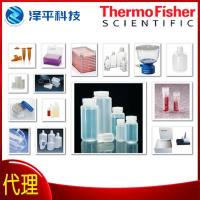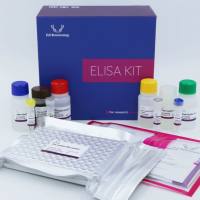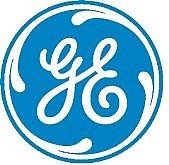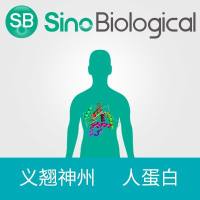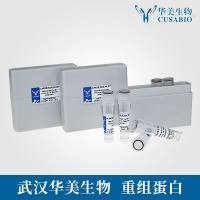7 In Vitro Methods for Evaluation of P450-Based Anticancer Gene Therapy
互联网
621
Cytochrome P450 genes encode drug-metabolizing enzymes that bioactivate a number of widely used anticancer prodrugs. These genes have recently been shown to be useful for prodrug activation-based cancer gene therapy (1 ). Approaches to identify new P450 gene/prodrug combinations that may potentially be useful in P450-based cancer gene therapy are discussed in Chapter 5 of this volume. These studies are greatly facilitated by the use of in vitro cytotoxicity and growth inhibition assays, which are described in the present chapter. These in vitro assays are very useful for studying the efficacy of P450-based gene therapy prior to proceeding to in vivo experimentation for the following reasons: 1) cell-culture assays are much more cost effective than in vivo tumor model studies carried out in rats or mice; 2) in vitro experiments can be performed much more readily than in vivo tumor model studies; 3) a large throughput of P450 genes and drugs can readily be tested to identify novel prodrug activation gene and prodrug combinations. This chapter describes growth inhibition and cytotoxicity assays that can be used to rapidly characterize the drug sensitivity of tumor cell lines transduced with a prodrug activation P450 gene (see Chapter 6). These assays are general in nature, and can readily be adapted for use with other prodrug activation gene/prodrug combinations currently under evaluation for cancer gene therapy (2 ).


